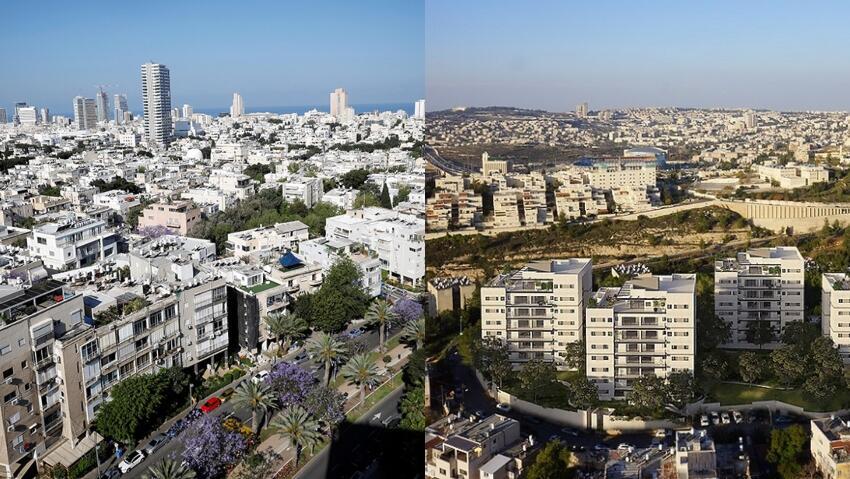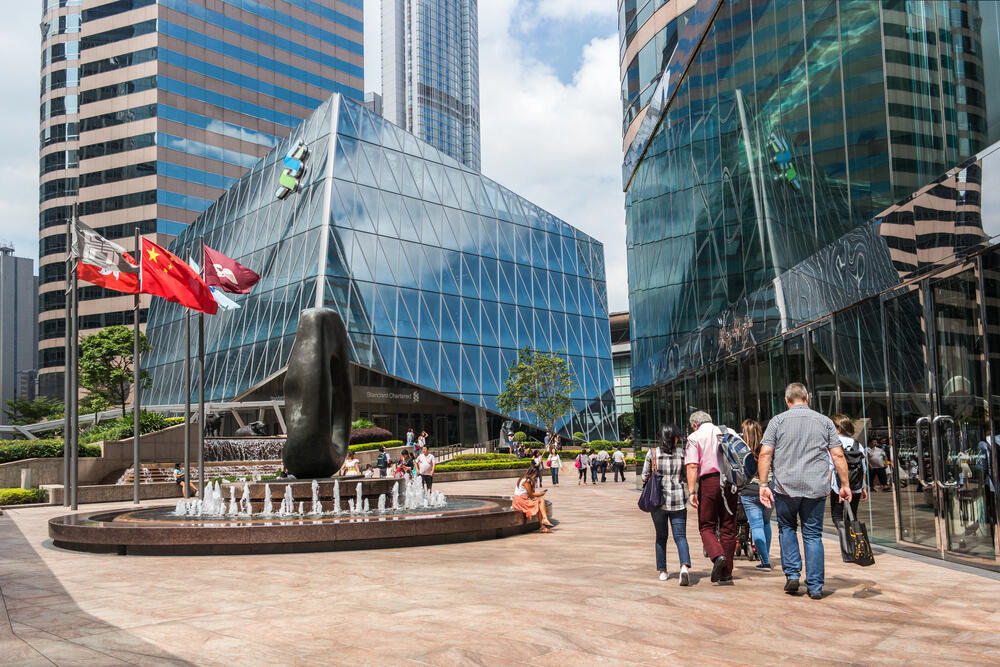Israel's capital of Jerusalem has joined Tel Aviv on the annual list of world's 20 most expensive cities, according to a report published Wednesday.
The index, specifically focused on overseas workers and expats, was compiled by global mobility company ECA International.
It is no surprise that Tel Aviv, known for its remarkably high cost of living, was marked sixth on the 2022 ECA list, after coming in seventh place last year.
Meanwhile, Jerusalem climbed three places since 2021, and was listed as the 15th most expensive city for overseas workers and expats in 2022.
Hong Kong has clinched the top spot on the list for the second year in a row. In the metropolitan Asian independent city-state, a cup of coffee costs 5.2 dollars, a liter of gas costs 3 dollars, and a kilogram of tomatoes costs 11.5 dollars.
The ECA's data was collected through evaluation of costs of rent, prices of gas and electricity, strength of the local currency, and the market's pricing basic products.
In addition, New York was ranked second on the list, Geneva was ranked third, London - fourth, and Tokyo - fifth. The cost of rent in London saw a 20% increase since 2021, while the Big Apple experienced an increase of 12%.
According to the ECA, Asia is the most expensive continent, with five cities - Hong Kong, Tokyo, Shanghai, Guangzhou and Seoul - landing in the top 10.
In December, The Economist published its own list of world's costliest cities, naming Tel Aviv as the most expensive. The British newspaper tied this to the rising strength of the Israeli shekel and the spike in prices of transportation and goods.
However, The Economist's list uses comparison with New York City as a measure, meaning it includes prices of many goods that aren't necessarily relevant to the Israeli public, such as private schools or personal housekeepers.



